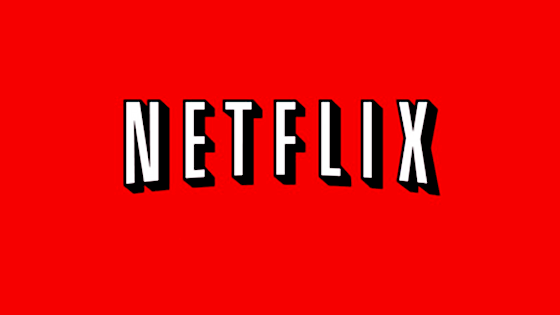Netflix quality is sucking because of CABLE COMPANIES throttling bandwidth. F**kers.
Last weekend the fiancé and I were trying to watch the new season of House of Cards when the fucking quality was bouncing around more than my moods on one of those “Jesus Christ I forgot to take my meds for how many days?” type weeks. I had a sneaking suspicion it had to do with a) the death of Net Neutrality b) bandwidth throttling and c) intergalactic threats from Skrulltopia. Turns out I was right about two of the causes.
Notice your Netflix has had a hell of a time streaming in good quality lately? That’s because the companies that carry its traffic can’t seem to agree who’s supposed to shoulder the cost of passing it along, Ars Technica reports.
The argument is three-fold, and it’s a little bit confusing. Here’s what’s up: Cogent is the company Netflix buys bandwidth from. They are the middle man, responsible for ferrying the movie from Netflix to, in this case, Verizon, who delivers the movie to your TV or computer or what-have-you. Normally this is something that happens free of charge, in a peer-to-peer situation when the companies are about the same size; Cogent needs to pass its Netflix buck, and Verizon needs to serve up the data you’re asking for. Fair trade, everybody wins. But now the connections at the Cogent/Verizon drop-off point are full up, and Cogent and Verizon are fighting about who should pay to beef them up.
As a result, your Netflix stream quality is suffering. Per Ars:
There are about 11 Cogent/Verizon peering connections in major cities around the country. When peering partners aren’t fighting, they typically upgrade the connections (or “ports”) when they’re about 50 percent full, Cogent says. They can do this by adding ports, adding capacity to ports, or peering in new locations. With Cogent and Verizon fighting, the upgrades are happening at a glacial pace…
What’s happening is in a show of defiance, Verizon is just nerfing all the Netflix traffic and giving other non-Netflix things (Redbox Instant, Verizon’s very own streaming service) priority. So that’s why your House of Cards binge may not have happened in the full HD you would had you liked.
Meanwhile, Time Warner Cable and Comcast are waging a similar war with a company called Level 3. And there doesn’t seem to be much of an end to either fight. Cogent, for one, seems ready for a long battle, and isn’t budging on its stance that it shouldn’t have to pay. The only hope comes by way of the FCC, and in light of the Time Warner Comcast merger, the issue of who pays for peering might come up for review. Ars explains:
The Federal Communications Commission hasn’t regulated the peering market, although the topic could come up during proceedings on the proposedComcast/Time Warner Cable merger. FCC Chairman Tom Wheeler has supported the idea of “two-sided networks” in which ISPs like Verizon can charge both Netflix and their home customers. Wheeler wants to impose some type of net neutrality rules on Internet access, but that would apply only to the “last mile” of connectivity from consumer ISPs to homes, and not the interconnection agreements at issue here.
[Gizmodo]




